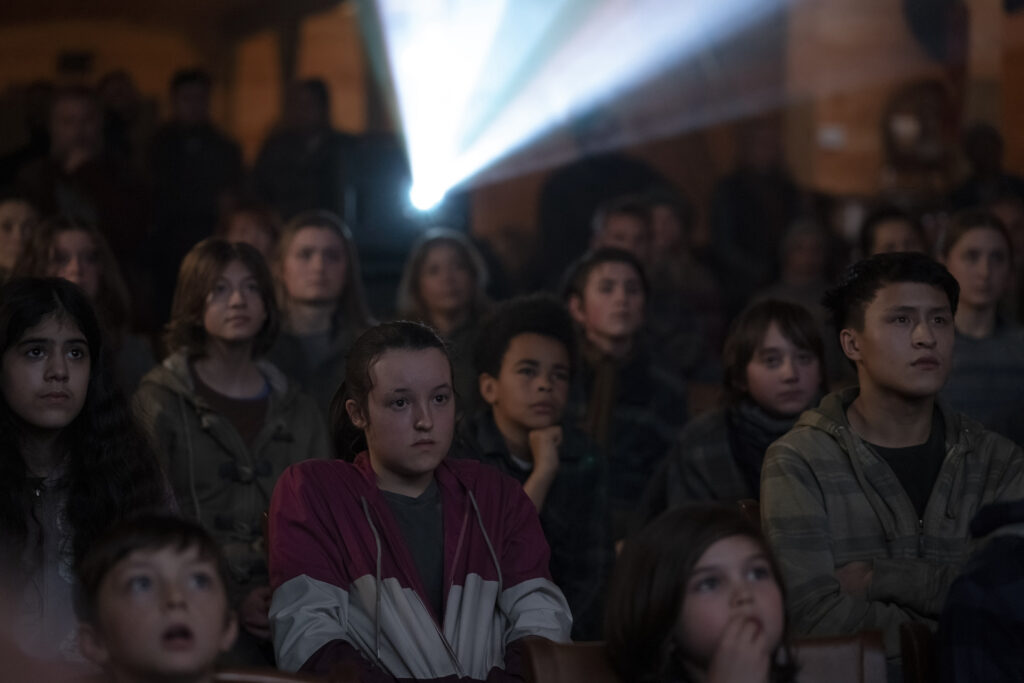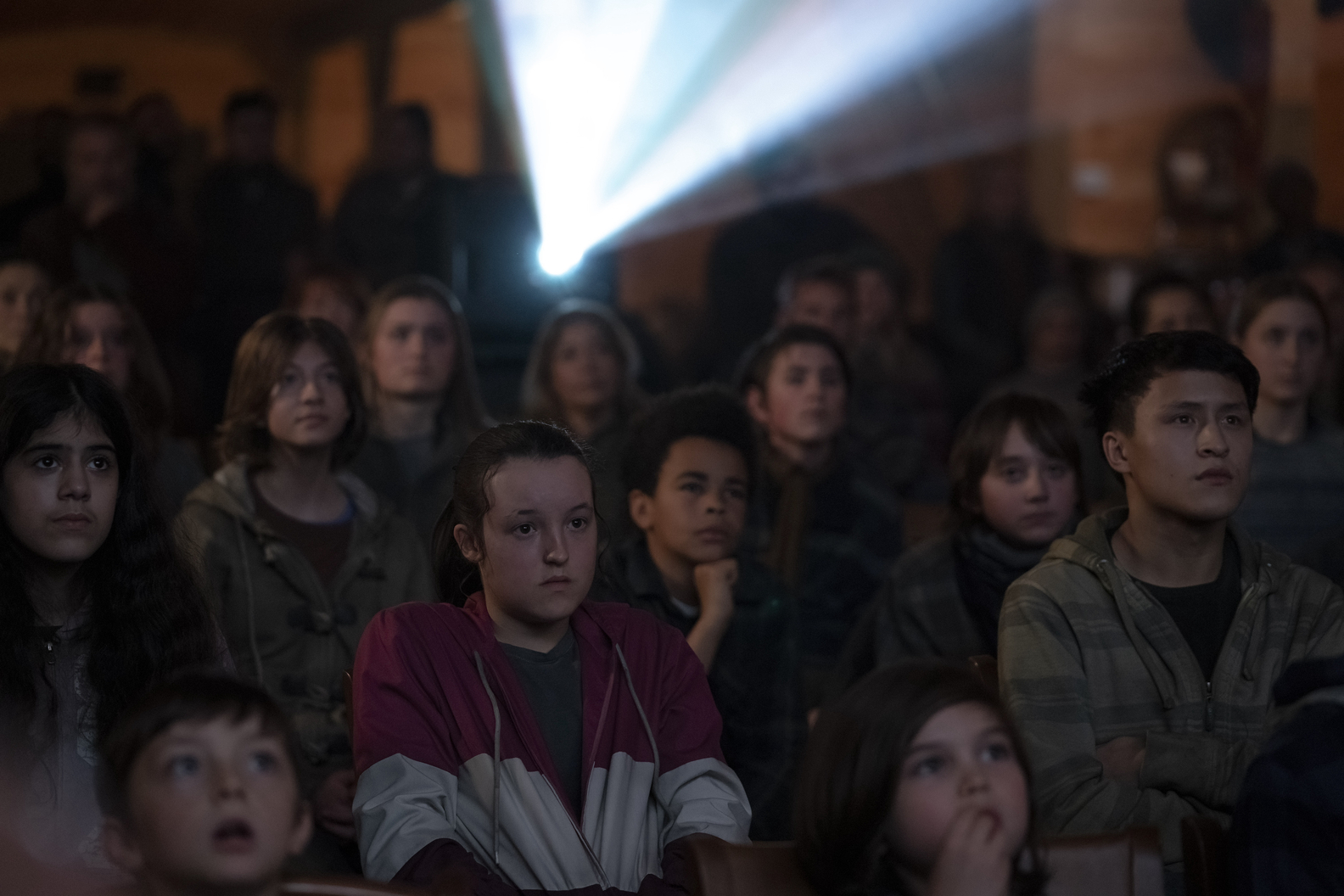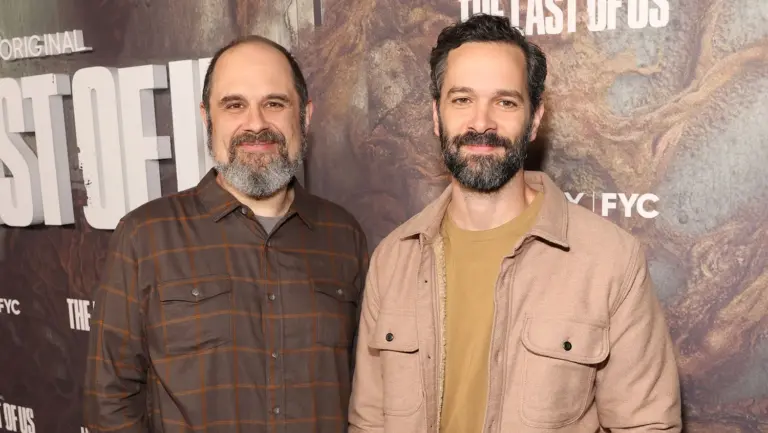Why LGBTQ+ Representation Could Change Everything in The Last of Us Universe
Alright, everyone — pull up your chairs, because let’s dig into a topic hotter than Abby with a golf club: representation, and specifically, how “The Last of Us” is gearing up to handle Lev’s story in Season 3. We all know the series hasn’t ever shied away from tackling hard conversations. After all, it gave us fungus zombies and Pedro Pascal having emotional breakdowns in abandoned malls. But as we roll into a new season, the stakes feel new again — and bigger.

Lev In the Spotlight: Why This Matters
Let’s backpedal a bit. If you played “The Last of Us Part II,” you met Lev — a Scars runaway, head shaved, eyes wide, courage on display. You probably also clocked the controversy, since the internet loves exactly two things: cats in cardboard boxes and arguing. Lev’s not just an ordinary kid with a traumatic backstory. He’s transgender, and that matters. It matters for the game, for the show, and for all the folks watching at home who rarely see themselves in post-apocalyptic drama.
What’s extra notable? Neil Druckmann and the creative team at Naughty Dog cast Ian Alexander — a transgender actor — to bring Lev to life. That’s an important step. Alexander himself has spoken publicly about how his own upbringing (religious, complicated, and not always accepting) mirrored Lev’s. According to WIRED, this authenticity isn’t an accident. That’s probably why so many found Lev’s story heartbreakingly real.
The Compliments and The Critique: Let’s Talk
Of course, there’s another side to this. Not every reaction was five-star, heart-emoji raves. Some fans — and a slew of critics, especially from LGBTQ+ communities — pointed out a recurring problem. As Pride.com detailed, Lev’s story leaned pretty heavy on pain. He faces family rejection, violence from his own community, plus a world that’s already brutal. Yes, trauma is a part of countless trans folks’ stories, but so is joy, so is humor, and so is hope. Some viewers wondered: will we ever see that side?
This is where a TV adaptation gets a new shot. In the world of prestige TV (and let’s face it, HBO has a strong resume), there’s room to slow down, dig deeper, and let characters breathe. If the show goes beyond Lev’s trauma, showing who he is, not just what happened to him, that’ll be huge.
What Season 3 Could — and Should — Deliver
So, what do fans want out of Lev’s next chapter? Based on fan chatter, social media threads, and columns at places like Kotaku, here’s the wishlist:
- Don’t just focus on Lev’s identity. Let us see his skills. Make us laugh or gasp at his wit, not just his hardships.
- Give him real, complex relationships. Show his bond with Abby, but don’t make Abby his entire story arc.
- Let him succeed. Lev is more than someone to pity; he’s someone to admire.
- Create scenes that spark dialogue. Use his presence to explore issues many viewers rarely consider.
All of these changes could help make Lev a breakout star, not just another sad headline or checkbox on a diversity checklist.
And here’s the kicker: this isn’t just about one character, or even just about “The Last of Us.” This is about where television goes next. So many production teams are finally starting to listen to feedback — not just from critics in the press, but directly from trans viewers and fans. That means more honest stories, more celebration, and less focus on the “tragic trans trope.” Lev could become proof that genre TV can get this right.
Authenticity On-Screen: Why Casting Matters
Let’s talk a little more about Ian Alexander. The casting deserves more than a footnote. Plenty of Hollywood shows still use cisgender actors for trans roles. Naughty Dog didn’t. And when HBO adapted the role for Season 3, the team doubled down, keeping Alexander involved according to multiple official announcements (yes, you can breathe easy, fans). This doesn’t just add a little sparkle to the show. Representation behind the scenes means better, smarter choices about how to handle sensitive material.
And it’s not just the casting. Writers and producers have worked with LGBTQ+ consultants, according to interviews and production notes. This matters because it roots Lev’s journey in lived experience, not just assumptions.
Social Buzz and the Weight of Expectation
If you’ve spent any time on Twitter (okay, X, but we’re calling it Twitter here because, come on), you know how much buzz surrounds Lev. Every casting reveal, every leaked behind-the-scenes shot, every speculative meme gets picked apart. Fan theorists and trans advocates alike want to see if HBO will avoid the storytelling landmines. Some are hopeful, some are cautious.
But regardless of where you land, it’s clear that viewers are paying attention — not just to “The Last of Us,” but to how much care and nuance top-tier TV will give to stories that matter. Expectations? Astronomical.

How Representation Sparks Real-World Change
Let’s zoom out. Why even care about one fictional teenager navigating an apocalypse with a bow and arrow? Because representation on major platforms changes lives. Studies show that seeing diverse, authentic characters increases acceptance and empathy. Young trans fans — especially those not out or living in unsupportive environments — benefit when stories reflect their truth.
And it’s not just about feeling better. Authentic representation can shift attitudes, challenge prejudices, and even influence policies. When TV gets it right, families and friends start conversations. Sometimes, it’s the spark that lights serious change in the real world.
Beyond Lev: The Broader Picture in “The Last of Us”
It’s worth noting, too, that “The Last of Us” has earned praise for more than just Lev’s arc. The series broke ground with Bill and Frank, showcasing older queer love in Season 1. Ellie’s sexuality got the space it deserved — her relationship with Riley was tender, charged, and full of teenage angst.
For a survival show, it’s wild how much heart it brings to the screen. As the series keeps expanding, each step sets a precedent for what future “prestige” adaptations can and should do. There’s a high bar now, and fans will notice if any folks at HBO try to duck under it.
A Look Ahead: Will HBO Stick the Landing?
Here it comes — the real question. Can “The Last of Us” sidestep cliché traps and give Lev the space to be more than a symbol? There’s cautious optimism. Creative teams have confirmed in fresh press rounds (spring and summer 2025) that they want Lev to experience joy and agency. According to those same sources, writers are focusing not just on how the world harms Lev, but what he brings to the world — his grit, his humor, his ability to imagine a future.
They’ve hinted at deepening his friendship with Abby, but also giving Lev solo scenes that spotlight his own arc. This is a chance to show how representation, when handled well, isn’t about checking a diversity box. It’s about letting characters thrive.

Why Fans Should Keep Their Eyes Glued to the Screen
As we gear up for Season 3, excitement and jitters go hand in hand. For anyone who’s ever felt unseen, unheard, or boxed in by old-school stereotypes — Lev’s story could set a new gold standard. Maybe, finally, we’ll get to see a transgender hero in a genre show just live, love, and fight the infected, all at the same time.
One thing’s certain. The world’s watching, and expectations for HBO’s next chapter are sky-high. Lev’s journey could help shape the very landscape of what TV does next, for representation and for all of us craving rich, relatable heroes in our favorite shows. Don’t look away — you won’t want to miss this.




